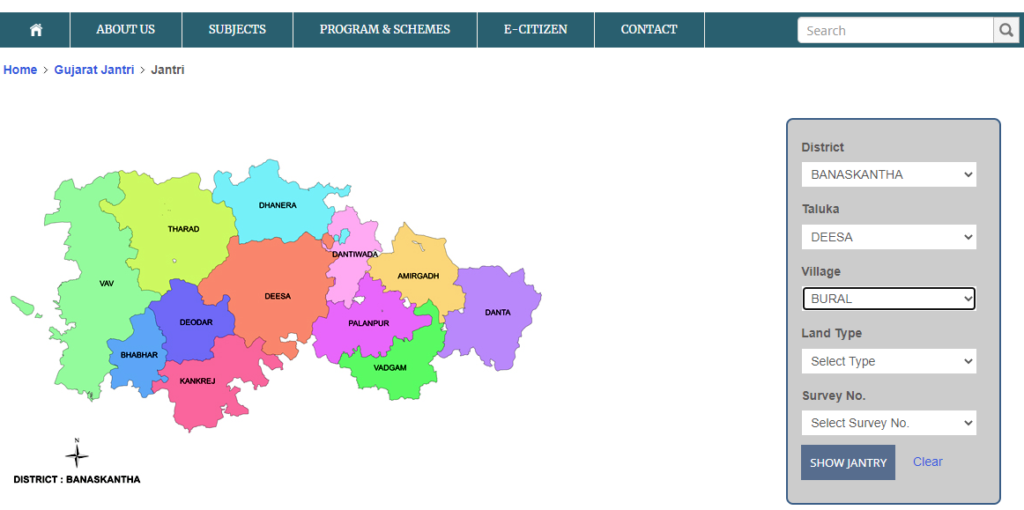The Jantri rate in Gujarat is the minimum rate decided by the State Government below which a property cannot be registered. In the April 15, 2023 update, the government doubled the Jantri rates in Gujarat along with some rebates on the paid Floor Space Index (FSI) and land conversion.

What is Jantri rate in Gujarat?
The meaning of Jantri rate is the unit rates of properties determined by the Gujarat government. Also known as circle rate and value certification, the government verifies these rates for calculating registration charges levied on property transactions. Notably, a property cannot be registered or documented below this rate on the official portal of the State revenue department.
What are the factors that affect Jantri rates in Gujarat?
- Property type: The type of property, such as residential, industrial and commercial, impact the jantri rates in the State. For instance, jantri rates applicable on a residential property will be lower than that of industrial or commercial real estate.
- Infrastructure: Jantri rates in a place with a developed infrastructure are mostly higher. Therefore, a locality that has better or developed social amenities have costlier properties.
- Property’s age: Jantri rates for a freshly constructed property will be more than that of an old one.
- Market value: Jantri rates directly impact the market value of a property. Therefore, higher jantri rates will make the property more expensive.
- Location: Properties situated in a posh locality will attract higher jantri rates.
Jantri Rate Calculator
- Step 1: Visit the official website of Gujarat government’s Revenue Department
- Step 2: Find ‘Jantri’ option at the right top corner of the homepage of the official portal. After clicking the button, you will be redirected to a new webpage
- Step 3: On this webpage, you will find the map of Gujarat displayed with different districts on it. Choose the relevant district
- Step 4: Once you choose a district, its map will be displayed along with a list of blank tabs for taluka, village, survey number, and land type. Provide the correct information in all the tabs and click ‘Show Jantri’
- Step 5: The rates of that particular location based on the information provided will appear on the screen. You can find the relevant location and check the Jantri rate according to the type of property
How to get Jantri Rate Gujarat Via E-Dhara Kendra?
Step 1: The applicant must fill out the Jantri Rate application at the E-Dhara Kendra. The following details would be required-
- Personal information, such as name, aadhar card number, address, father’s name, contact details, and relationship with the owner
- Land details, including land address, survey number, land units in acres and extent of land
Step 2: Submit the documents mentioned above along with the application to the E-Dhara Kendra operator
Step 3: The E-Dhara Kendra operator will issue the Jantri application
Step 4: A field survey will be conducted once the Tehsildar processes the online request
Step 5: Once the field survey enquiry is concluded, the Tehsildar will issue the Jantri rate
How is Jantri rate calculated in Gujarat ?
Jantri rate is decided based on the following factors-
- Type of structure of the immovable property
- Infrastructure such as facilities and amenities of a real estate project
- Maintenance and specification of the property
- Location of the property
- Age of the property
- Type of property
Documents required to get Jantri rates
- Copy of sale deed/title deed
- Encumbrance certificate copy
- Copy of registration documents
- Pattadar passbook copy
FAQs
How is the Jantri rate determined?
The Jantri rate in Gujarat is determined to fixate property values at a particular level. Below this rate, a property cannot be registered in the official domain.
What if the market value of a property is higher than the Jantri rate?
If the market value of the property is higher than the Jantri rate then the former is considered for calculating registration charges or vice versa.
